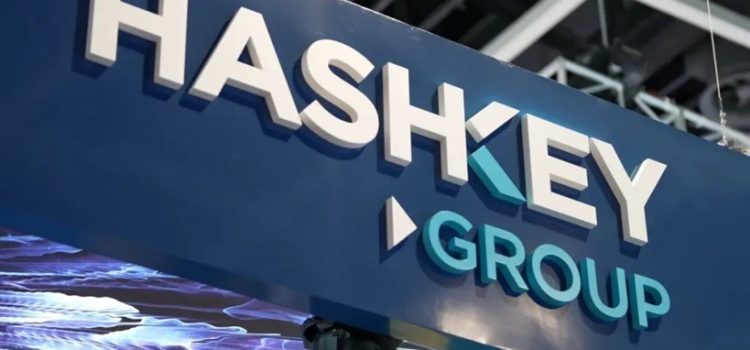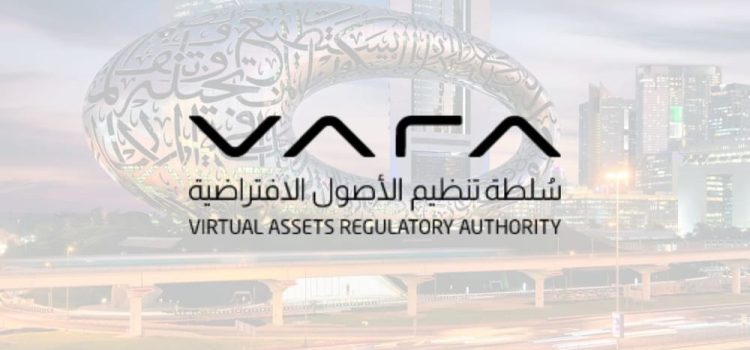
Asian based HashKey Group (“HashKey”), digital asset financial services group, has secured a Virtual Asset Service Provider (VASP) license from Dubai Virtual Assets Regulatory Authority (VARA) to provide both Virtual Asset Exchange Services and Virtual Asset Broker-Dealer Services within, and originating from, the Emirate of Dubai. The crypto exchange service will go live on May 19th 2025.
As per the press release, the license is part of HashKey’s expansion in the MENA region and will help to meet growing institutional needs. In January 2025, HashKey has announced it would soon be licensed in the UAE.
HashKey will offer clients several features such as USD and AED deposits and withdrawals, fiat on and off-ramping so that users can directly transfer USD from their bank account to HashKey Global MENAA’s fiat wallet. Standard Chartered will provide the fiat currency deposit and withdrawal services for the platform.
In addition HashKey will also be offering OTC services for the top 10 major tokens, through HashKey Global MENA, which will deliver regulated block trading with competitive all-inclusive pricing, ensuring transparent quotes and zero hidden fees for market-leading rates. While large orders benefit from instant execution, eliminating slippage risks, while flexible settlement options cater to institutional and HNWI liquidity needs.
“As a licensed platform, HashKey Global MENA embraces institutional needs by offering a regulated gateway for fiat-crypto transactions, backed by institutional-grade safeguards and strategic partnerships like Standard Chartered. Our regional expansion ambitions, with a strategic focus on the GCC, are rooted in empowering MENA’s institutions and HNWIs with seamless, cost-efficient access to global crypto markets, reinforcing the UAE’s position as a hub for blockchain innovation while prioritizing compliance and client protection at every step,” said Sherif Sanad, Country Manager, HashKey Global MENA.
As for the future, HashKey Global MENA will deliver not just virtual asset trading services, but aims to evolve and develop innovative digital asset products, designed and delivered within VARA’s robust regulatory and compliance framework.
HashKey Group already holds digital asset-related licenses from regulators in Hong Kong, Singapore, Japan, and Bermuda, as well as VASP registration in Ireland and is actively pursuing a MiCA license in the EU.









